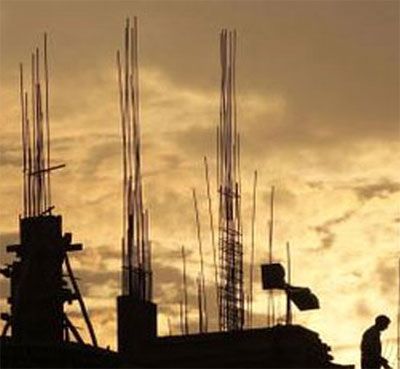 There are both positive and negative impacts of the tax, but the net result for India's infrastructure sector is advantageous, says Vinayak Chatterjee.
There are both positive and negative impacts of the tax, but the net result for India's infrastructure sector is advantageous, says Vinayak Chatterjee.
This is GST (goods and services tax) season; and as the dust settles on the commencement of the long journey to implement the historic GST regime, it is worthwhile to take stock of how it impacts specific aspects of Indian infrastructure. Here are seven ways GST affects the sector - three positive, and four negative.
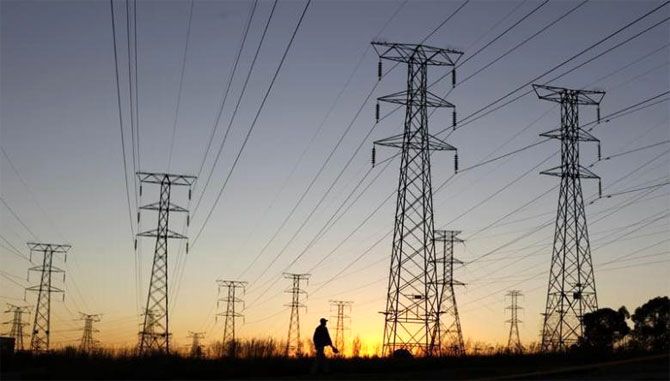
Electricity (impact: negative): GST is expected to inflate electricity costs by up to eight per cent as the government has decided to keep electricity out of the ambit of this new tax dispensation.
Power producing companies - both renewable and conventional - would have to pay GST for their inputs such as fuel and machinery but will not be able to get these taxes refunded, given that their output - electricity - is exempt.
This higher cost of producing electricity will then be passed on to consumers under the “change of law” clause in power purchase agreements (PPA). Developers selling electricity in the spot market or on a non-PPA basis would have to factor in the higher cost.
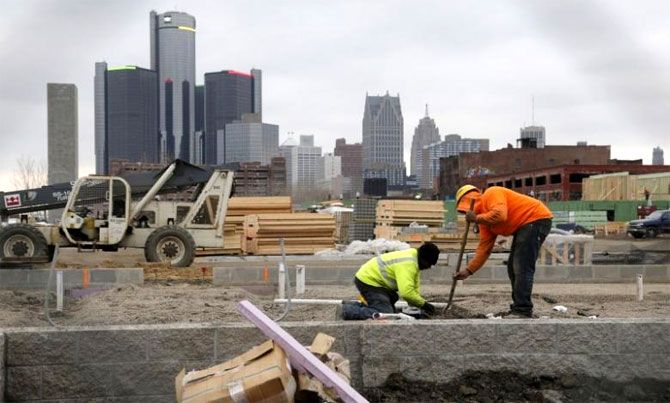
Works contracts and EPC (impact: positive): GST seeks to provide much-needed clarity on works contracts, and therefore, on the engineering, procurement and construction (EPC) business line. Works contracts are proposed to be taxed as “services”.
This means the GST rate and provisions, like place of supply rules et al, as applicable on services will apply to works contracts.
The major gain from this treatment is that the tax would be now charged on the actual contractual base. Also, local versus inter-state works contracts, that at present leads to innumerable disputes, should get eliminated.
Hence, EPC contract prices should come down somewhat on account of this new tax-efficient structure, which in turn should benefit project owners.
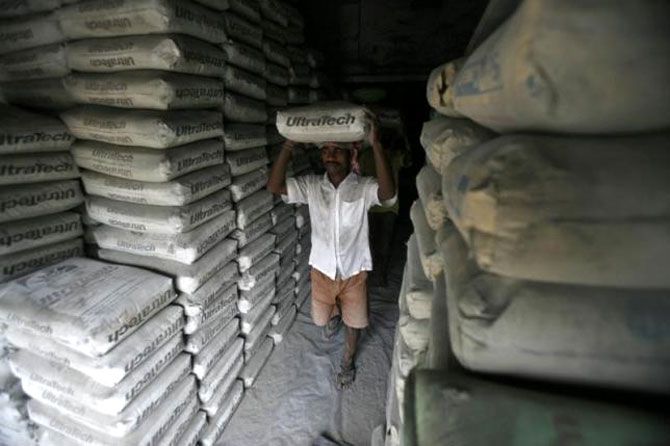
Cement (impact: positive): Cement is a crucial input to the infra sector, and GST is expected to impact it positively. The overall indirect tax incidence is currently estimated to be around 25 per cent. The cement industry is also expected to benefit from lower costs of logistics. Overall, a decrease in cement prices is expected.
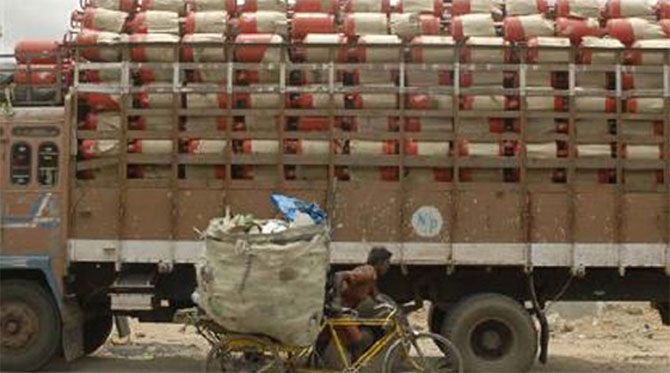
Logistics (impact: positive): The GST is expected to enable a reduction in logistics cost by as much as 20 per cent to 30 per cent, as firms reconfigure their supply chains on four counts. First, as India becomes one big market, there will be larger but fewer warehouses.
Second, it will lead to a larger number of bigger trucks on roads as there is greater adoption of the hub-and-spoke model. Third, these changes will lead to greater economies of scale for transport operators and lead to more companies outsourcing their logistics operations. Four, reduction in waiting and idling time at inter-state barriers and checkpoints is expected to provide a huge relief.
Advisory, consulting, engineering and project management services (impact: negative): As with all other services, firms providing these services to the infrastructure sector will have a negative impact due to the higher incidence of GST at 17 to 18 per cent vis-à-vis the current 15 per cent.
Abolition of tax holidays and exemptions (impact: negative): There are different tax holidays and exemptions for infrastructure development and operations at both the central and state levels. Whilst there is the hope that in the final analysis, these tax holidays and exemptions will be allowed to run their course, the lurking fear is that they will be removed.

Civil aviation (impact: negative): Five petroleum products - crude, natural gas, aviation turbine fuel (ATF), diesel and petrol - are excluded from the coverage of GST for the initial years while the remaining petroleum products - kerosene, naptha and liquefied petroleum gas (LPG) - are covered.
Flight tickets are likely to get costlier as airlines will not be able to claim credit on tax paid on jet fuel. The current service tax ranges from 5.6 per cent to nine per cent of the base fare, which is considerably less than the GST rate that is being spoken about, of 15 to 18 per cent.
Currently, airlines can claim what is called a cenvat credit on the central excise duty for fuel. They stand to lose this in the GST regime as ATF is outside the purview of GST.
While there is this bundle of negatives and positives, this columnist is of the opinion that on the whole, GST has a positive impact on the sector.
Increase in prices of airline tickets and electricity are soon absorbed and forgotten. But the positives that emanate from rationalisation of taxes on works contracts, reduction in cement prices, the huge benefit to logistics and the elimination of a raft of complex exemptions and tax holidays has clear long-term advantages.
Photographs: Siphiwe Sibeko/Reuters, Jayanta Dey/Reuters, Rebecca Cook/Reuters
Vinayak Chatterjee is chairman, Feedback Infra. vinayak.chatterjee@feedbackinfra.com; Twitter: @Infra_VinayakCh











